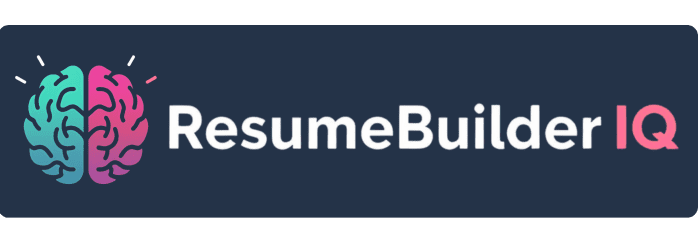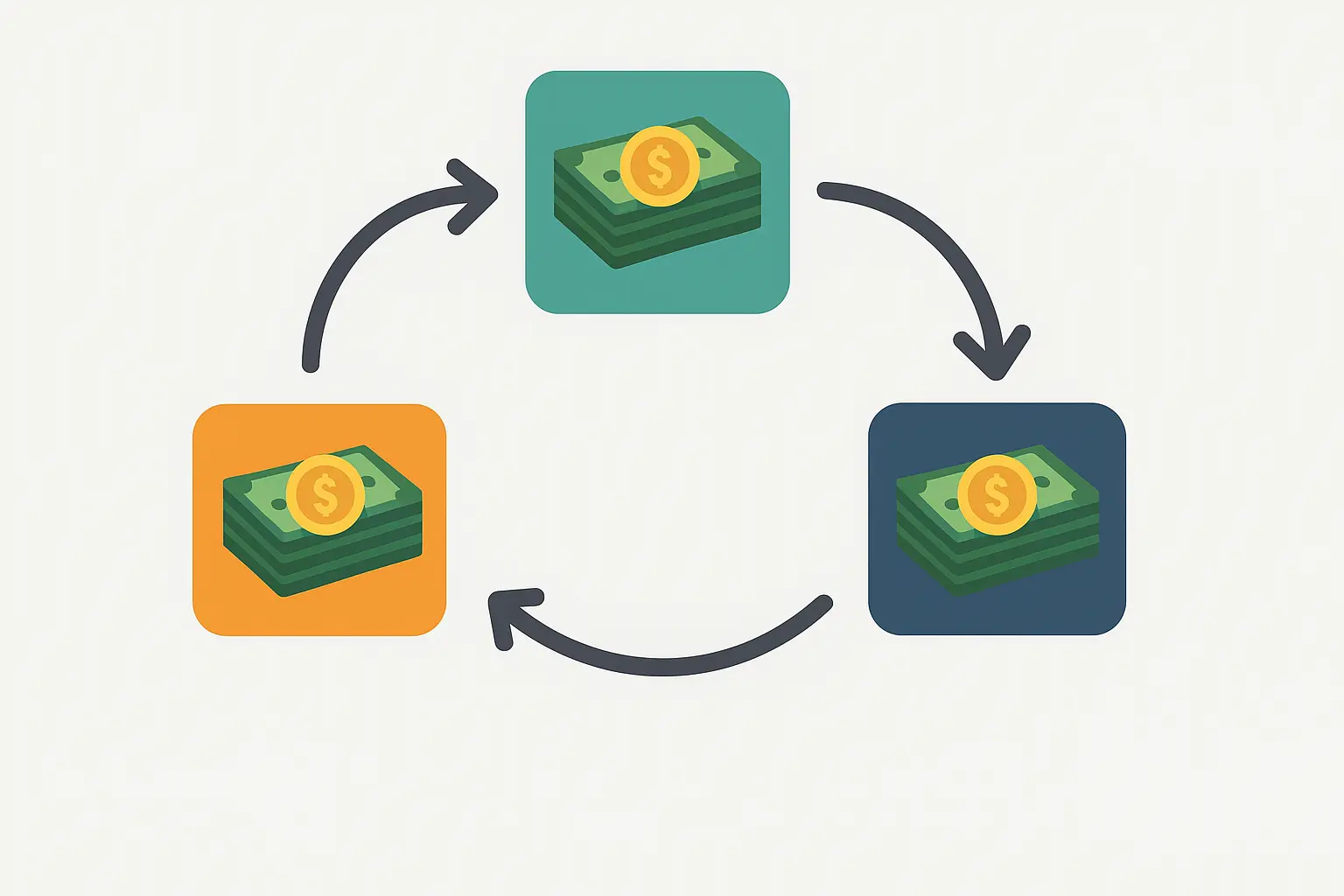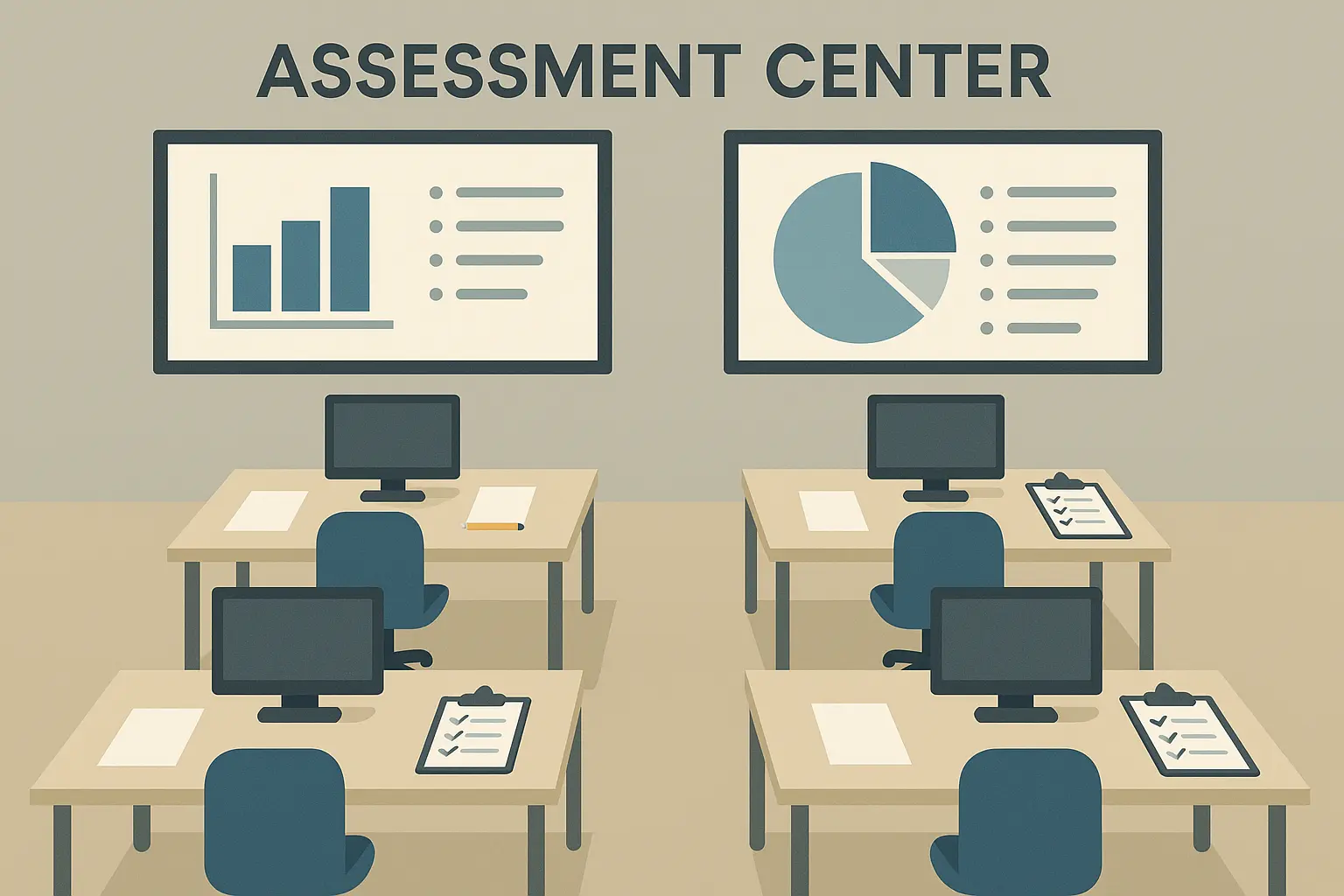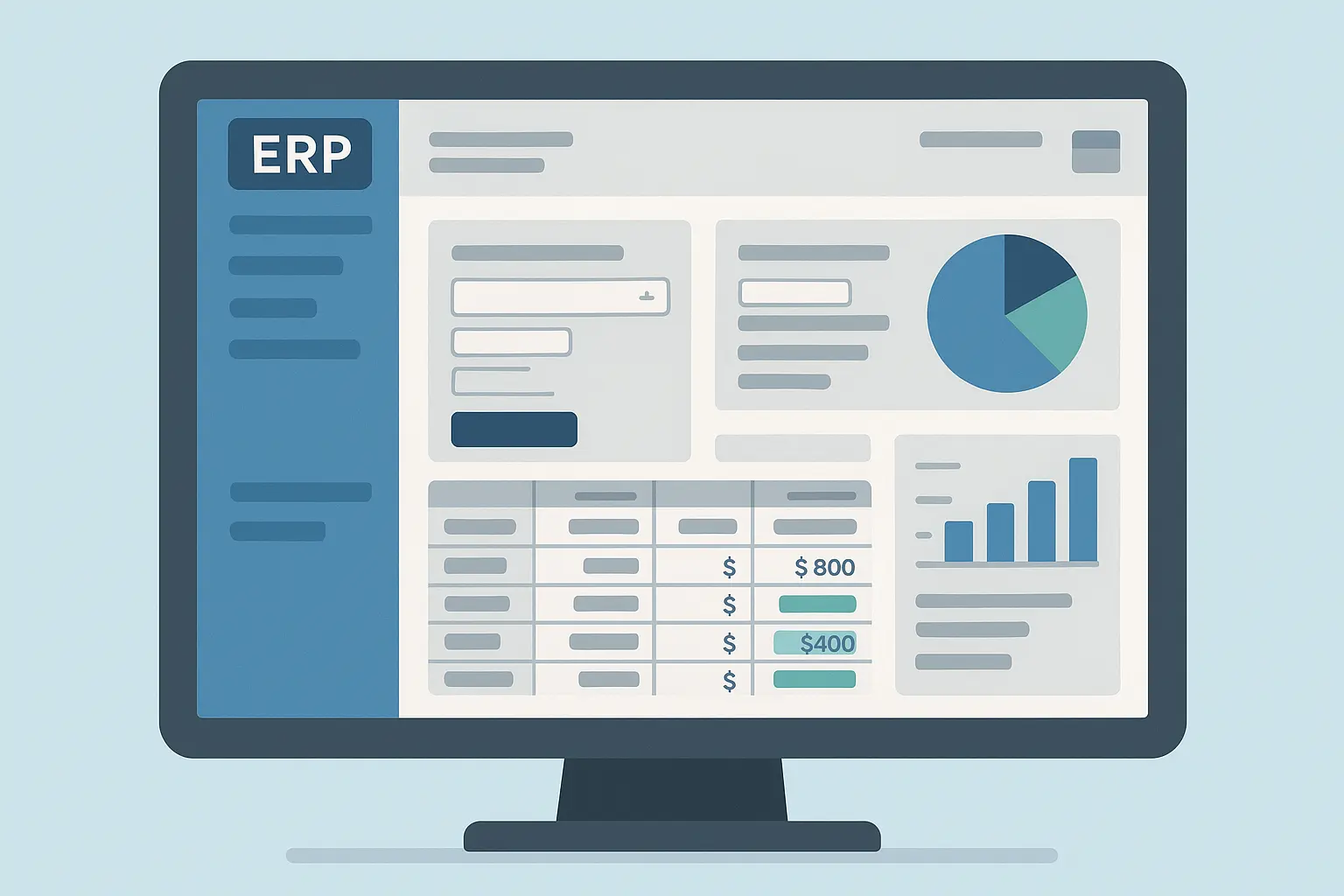Accounting Interview Questions That Actually Matter (And How I Learned to Ace Them)

I’ve bombed accounting interviews. I’ve also aced them. The difference? Understanding what interviewers actually care about versus what you think they want to hear. After years of interviews (both sides of the table), here’s what really matters.
With most finance and accounting positions tracked by the U.S. Bureau of Labor Statistics showing unemployment rates well below the national average, competition is fierce and expectations are high according to The Interview Guys. Whether you’re targeting your first accounting role or advancing to senior positions, this guide covers the practical insights that make the difference between getting the job and getting passed over.

What You’ll Learn
-
Technical questions that separate junior from senior candidates
-
Industry-specific knowledge that actually gets tested
-
Behavioral scenarios that reveal your real skills
-
Research strategies that impress interviewers
-
Modern technology questions you’ll face
-
Non-traditional interview formats to expect
-
How to position yourself before the interview even starts
The Technical Questions That Trip People Up
I once watched a candidate nail every technical question but still didn’t get the job. Why? They couldn’t explain a basic cash flow concept to a “non-accounting manager” (the interviewer role-playing). Technical knowledge means nothing if you can’t communicate it.
Here’s what interviewers really test: your ability to apply accounting principles to messy, real-world situations. They don’t want textbook answers – they want to see how you think through problems.
The Revenue Recognition Trap
Revenue recognition principles under ASC 606 show up in virtually every interview I’ve seen. But here’s where most people mess up – they memorize the five-step model but can’t handle real scenarios.
Here’s a question that trips people up: “A software company sells a $30,000 package – license plus three years of support. Walk me through the accounting.” Most candidates get lost in the math. The key is explaining your thinking: “I need to split this because we deliver the software now but provide support over time.”
According to Wall Street Prep’s accounting interview analysis, the balance sheet equation (Assets = Liabilities + Shareholders’ Equity) remains the most fundamental concept tested, with interviewers expecting candidates to explain how a $10 depreciation expense flows through all three financial statements with an 8% impact on net income assuming a 20% tax rate.
The trick with these accounting interview questions isn’t perfect calculations – it’s showing you understand the business logic behind the rules. When you can explain why we separate the license from maintenance services, you’ve demonstrated real comprehension.
Lease Accounting That Still Confuses Everyone
ASC 842 continues to generate interview questions, mainly because it’s still relatively new and companies are still figuring it out. Right-of-use assets and lease liability calculations have become standard tests.
But here’s what interviewers really want to know: Can you handle the practical challenges? They’ll ask about implementation headaches, balance sheet impacts, and how to explain these changes to non-accountants. Don’t just recite the rules – talk about the real-world implications.
Cash Flow Statements – Where Logic Matters More Than Memorization
Cash flow statements separate people who truly understand accounting from those who just memorize rules. The indirect method reconciliation between net income and operating cash flow reveals whether you really get how these statements connect.
Here’s a common scenario: “Net income is $100,000, but operating cash flow is $150,000. Walk me through three reasons this might happen.” Strong candidates immediately think about non-cash expenses like depreciation, changes in working capital, or timing differences in revenue recognition.
Advanced Topics for Senior Roles
Consolidation procedures and impairment testing separate senior candidates from junior ones. But even here, interviewers care more about your judgment than your ability to recite standards.
For consolidation questions, they want to see you understand when consolidation is required and why elimination entries matter. For impairment testing, focus on the business triggers that would require testing – not just the technical requirements.
|
Financial Statement Component |
What They Really Test |
How to Stand Out |
|---|---|---|
|
Income Statement |
Revenue recognition timing, expense matching |
Explain the business reasoning behind your approach |
|
Balance Sheet |
Asset classification, liability measurement |
Discuss the impact of classification decisions |
|
Cash Flow Statement |
Operating activities reconciliation |
Connect changes to underlying business activities |
|
Statement of Equity |
Retained earnings changes, stock transactions |
Explain the economic substance of transactions |
Industry Knowledge That Actually Gets Tested
Generic accounting knowledge won’t cut it anymore. I’ve seen too many qualified candidates miss opportunities because they couldn’t speak to industry-specific challenges. Interviewers want to know you understand their world, not just accounting theory.
Tech Company Complexities
Technology sector accounting brings unique challenges that have become increasingly important as the sector dominates the job market. Software revenue recognition and stock-based compensation under ASC 718 represent specialized knowledge that can make or break your candidacy.
The evolution of assessment centers reflects these changing demands. As noted in Target Jobs’ analysis of accounting recruitment, most accountancy and professional services firms now use comprehensive assessment centres that include group exercises, case studies, and aptitude tests.
Here’s what actually comes up in tech interviews: multi-element arrangements in software licensing, SaaS subscription accounting, and the timing challenges of professional services revenue. Contract modifications and different software delivery models create complex scenarios that go well beyond basic ASC 606 application.
For stock-based compensation, expect questions about option valuation, restricted stock units, and employee stock purchase plans. The key is understanding fair value calculations and how different vesting schedules impact financial statements.
Manufacturing Realities
Manufacturing environments test your understanding of cost accounting systems, inventory valuation, and activity-based costing. These aren’t abstract concepts – they’re daily realities that impact business decisions.
Standard costing and variance analysis questions focus on both calculations and business implications. If a manufacturing company budgets $50,000 for materials but spends $52,000 for the same quantity, that $2,000 unfavorable variance tells a story. Was it supplier price increases? Rush orders? Poor purchasing decisions? Your analysis needs to address both the math and the business causes.
FIFO, LIFO, and weighted average inventory methods each carry different implications, especially during inflationary periods. Interviewers want to see you understand the strategic considerations around inventory method selection, not just the mechanical calculations.
Activity-based costing discussions focus on when ABC provides more accurate information than traditional methods. Implementation challenges and cost-benefit analysis show you understand the practical realities of cost system selection.
Behavioral Questions That Reveal Your True Skills
Technical knowledge gets you in the door, but behavioral questions often determine who gets hired. These questions assess how you’ll actually perform in the role – under pressure, with difficult stakeholders, and when things go wrong.
Research from Scout Logic’s screening analysis shows that strong accountants proactively minimize accounting errors through reconciliation and internal audits, with successful candidates providing concrete examples of strategies to minimize risk.
Problem-Solving Under Pressure
Don’t just say you “improved month-end close.” Tell them: “I noticed we spent two days chasing down one department’s accruals. I created a simple checklist and deadline system. Now that department submits everything on time, and we close two days faster.” Specific numbers, specific problems, specific solutions.
Month-end close optimization stories impress when they include quantified improvements. Reducing a close from 10 days to 6 days is meaningless unless you can walk through the specific steps you took, obstacles you encountered, and systems you implemented.
Error detection examples build trust when they show your thoroughness and problem-solving ability. Share instances where you identified significant errors, conducted investigations, and implemented preventive measures. These stories demonstrate the diligence accounting roles require.
Communication Skills That Matter
Translating complex accounting concepts for different audiences has become critical. Executive reporting, audit coordination, and cross-functional collaboration require communication abilities that go beyond technical competence.
Executive reporting skills get noticed when you can explain financial results to non-accounting executives without overwhelming them with technical details. Your examples should show how you’ve influenced business decisions through clear financial communication.
Audit coordination experience demonstrates professionalism through your ability to prepare documentation, respond to inquiries, and manage deadlines under scrutiny. These experiences show you can work effectively with external parties while maintaining accuracy under pressure.
Cross-functional collaboration drives results when you can bridge technical and business perspectives. Show how you’ve worked with sales, operations, or IT teams on accounting projects while managing competing priorities and delivering results that benefited multiple departments.
Just as candidates preparing for second-round interviews must demonstrate deeper competencies, accounting professionals need behavioral examples that showcase both technical expertise and interpersonal effectiveness.
Research That Actually Impresses Interviewers
Here’s what actually impresses interviewers: knowing their pain points. If they’re a retail company, ask about inventory challenges during COVID. If they’re tech, mention the new lease accounting headaches. Show you understand their world, not just accounting theory.
Generic interview preparation won’t differentiate you from other qualified candidates. Strategic research into industry challenges and company-specific issues demonstrates genuine interest and shows you’re thinking beyond the immediate role.
Industry Context That Shows You Get It
Competitive analysis impresses when it demonstrates business acumen. Research the company’s main competitors, market position, and recent financial performance. Understanding industry trends and their potential accounting implications shows strategic thinking that employers value.
Regulatory environment knowledge proves expertise when you understand key regulations affecting their industry. SOX compliance requirements, sector-specific regulations, or recent regulatory changes show you’re prepared for the compliance challenges the role involves.
Company-Specific Preparation
Financial statement analysis reveals insights when you review recent 10-K and 10-Q filings for unusual items, accounting policy changes, or management discussion points. This analysis often reveals potential interview topics and demonstrates your ability to extract meaningful information from financial data.
Recent news and developments show engagement when you stay current on company announcements, acquisitions, or strategic initiatives that might create accounting challenges. This knowledge enables more sophisticated interview discussions.
Before interviewing at a retail company, research their recent quarterly earnings call where management discussed supply chain challenges. Prepare questions about how inventory valuation methods and reserve calculations address these operational uncertainties. This shows you understand how business challenges translate into accounting considerations.
Technology Questions You’ll Actually Face
Interviewers love asking about automation because they want to know if you’ll fight change or embrace it. Don’t panic if you haven’t used every tool. Focus on your mindset: “I automated our bank reconciliation process using Excel macros, saving 3 hours per week. I’m always looking for ways to eliminate repetitive tasks.”
The accounting profession’s digital transformation has fundamentally changed interview expectations. Questions about automation, AI impact, and cybersecurity controls have become standard assessments for accounting interview questions.
According to Simplilearn’s KPMG interview analysis, major firms like KPMG now incorporate technical rounds where candidates are judged on their knowledge of cloud computing, database management systems, and automation tools.
Automation and AI Impact
Experience with robotic process automation in accounts payable, reconciliations, or month-end procedures has become valuable. Understanding how to identify automation opportunities and measure efficiency gains shows strategic thinking about process improvement.
Data analytics applications add value when you can discuss how analytics enhance traditional accounting functions through anomaly detection, trend analysis, and predictive modeling. These skills represent the evolution from purely transactional to analytical roles.
Cloud-based systems migration experience shows your ability to manage technological change. Discuss challenges overcome and change management strategies employed to demonstrate both technical competence and leadership capabilities.
According to Simplilearn’s SAP FICO analysis, there are currently very few certified SAP FICO Consultants in the market, with enterprises like IBM, Accenture, HCL, and Hewlett-Packard implementing SAP ERP systems, creating significant demand for professionals with both accounting knowledge and technical system expertise.
Cybersecurity and Controls
Growing concerns about financial data protection have made cybersecurity knowledge essential. Understanding how traditional internal controls adapt to digital environments and remote work scenarios shows you’re prepared for modern control challenges.
SOX compliance evolution in digital environments requires understanding how cybersecurity integrates with traditional SOX testing, including IT general controls and data integrity validation. These evolving requirements represent critical knowledge areas.
Remote work control environment management involves maintaining effective internal controls in distributed environments, including segregation of duties and approval processes. Your experience with these challenges demonstrates practical problem-solving abilities.
Just as professionals need to understand ATS-friendly formatting for their resumes, accounting candidates must demonstrate familiarity with automated systems and digital workflows that define modern financial operations.
Non-Traditional Interview Formats
Case studies aren’t meant to torture you – they want to see how you think out loud. Walk through your process: “First, I’d look at the cash flow to see if there are any red flags. Then I’d check the debt ratios…” They care more about your approach than getting the perfect answer.
Traditional question-and-answer interviews are giving way to more sophisticated assessment methods. Case study presentations, technical skills demonstrations, and ethical scenario discussions provide better insights into your practical capabilities.
Case Study Presentations
Financial analysis scenarios under time pressure test both technical knowledge and presentation skills. Complete financial health assessments including ratio analysis, cash flow projections, and risk identification within time constraints demonstrate your ability to synthesize complex information and communicate insights effectively.
Ethical dilemma resolution reveals character through complex scenarios involving revenue recognition timing, expense classification, or conflicts of interest. Your approach to these discussions shows both technical competence and professional integrity.
Process improvement proposals show initiative when you analyze existing accounting processes and propose specific improvements with implementation timelines and success metrics. These exercises reveal your potential for contributing beyond basic job requirements.
|
Assessment Format |
Duration |
Key Skills Tested |
Preparation Strategy |
|---|---|---|---|
|
Financial Analysis Case |
45-60 minutes |
Ratio analysis, trend identification, risk assessment |
Practice with real company financials |
|
Ethical Scenario Discussion |
20-30 minutes |
Professional judgment, reasoning process, communication |
Review CPA ethics guidelines |
|
Process Improvement Proposal |
30-45 minutes |
Analytical thinking, creativity, presentation skills |
Document past process improvements |
|
Technical Skills Demo |
15-30 minutes |
Excel proficiency, system navigation, accuracy |
Practice common formulas and shortcuts |
Technical Skills Demonstrations
Excel modeling proficiency proves competency through building financial models, creating pivot tables, or performing complex lookups during live demonstrations. Familiarity with common formulas and shortcuts shows the efficiency that employers expect from experienced accounting professionals.
Essential Excel Skills You Need:
-
VLOOKUP and INDEX/MATCH functions
-
Pivot table creation and manipulation
-
Financial modeling with scenarios
-
Data validation and conditional formatting
-
Dashboard creation with charts and graphs
-
Keyboard shortcuts for efficiency
System navigation tests for ERP-specific roles provide concrete evidence of your system competence through practical demonstrations of journal entries, report generation, or configuration tasks. These tests often determine final hiring decisions for roles requiring specific technical platform knowledge.
How Resume Builder IQ Gets You the Interview
Your accounting interview preparation means nothing if your resume doesn’t get you in the door. Resume Builder IQ’s AI-powered platform addresses the unique challenges accounting professionals face when competing for today’s most coveted positions.
Understanding how to showcase your hard skills effectively on your resume becomes crucial when competing for accounting positions that demand both technical competence and practical application experience.
The platform’s ATS-friendly templates and keyword optimization ensure your technical expertise reaches hiring managers, while AI technology translates complex accounting achievements into compelling bullet points that resonate with both systems and human reviewers.
With users getting about 1 in 3 more interviews and nearly 1 in 4 more job offers, Resume Builder IQ transforms your accounting expertise into interview opportunities. Whether you’re highlighting month-end close improvements, software implementation experience, or cross-functional collaboration skills, the platform ensures your resume matches the sophistication of your accounting knowledge.
Ready to turn your accounting expertise into interview opportunities? Start building your optimized accounting resume with Resume Builder IQ today.
Bottom Line
Look, interviews are nerve-wracking. But remember – they already like your resume enough to bring you in. Your job isn’t to be perfect; it’s to show them you can do the work and fit with their team.
Accounting interviews have evolved beyond basic technical questions into comprehensive assessments of your analytical thinking, communication skills, and adaptability to technological change. The candidates who succeed understand that technical competence is just the foundation – you need to demonstrate problem-solving abilities, stakeholder management skills, and strategic thinking.
Your preparation should combine deep technical knowledge with practical examples of how you’ve applied that knowledge to drive business results. The interview process has become more sophisticated, incorporating case studies, technical demonstrations, and ethical scenarios that reveal your true capabilities.
Success requires articulating your thinking process and demonstrating the professional judgment that accounting roles demand. Just as understanding what to include on your resume requires strategic thinking about your value proposition, mastering accounting interview questions demands comprehensive preparation that showcases both technical expertise and professional judgment.
Similar to how following up after interviews requires strategic thinking, succeeding in today’s accounting interviews demands thorough preparation and professional execution.
Pick three technical areas you’re weakest in and practice explaining them to someone outside accounting. If they get it, you’re ready. Prepare well, stay calm, and let your expertise show through normal conversation.









